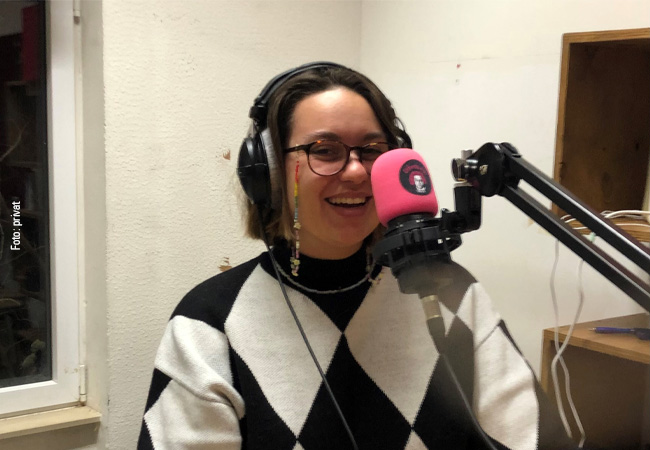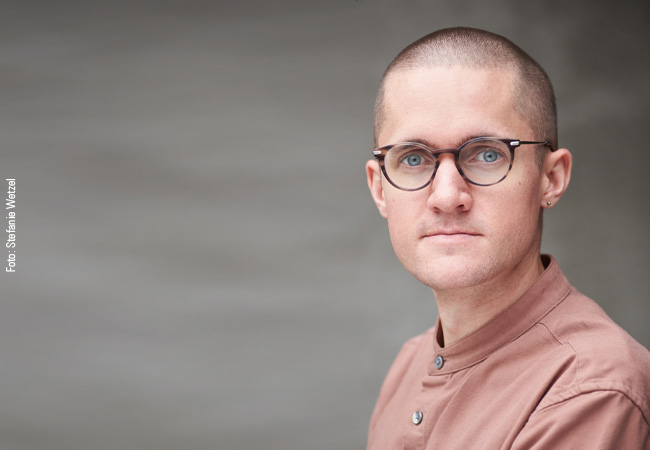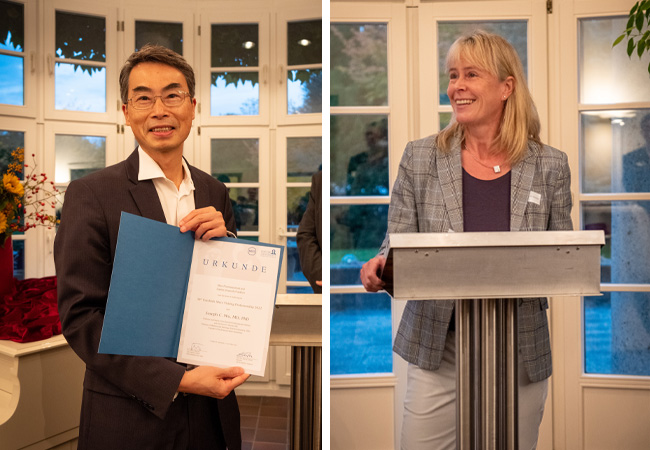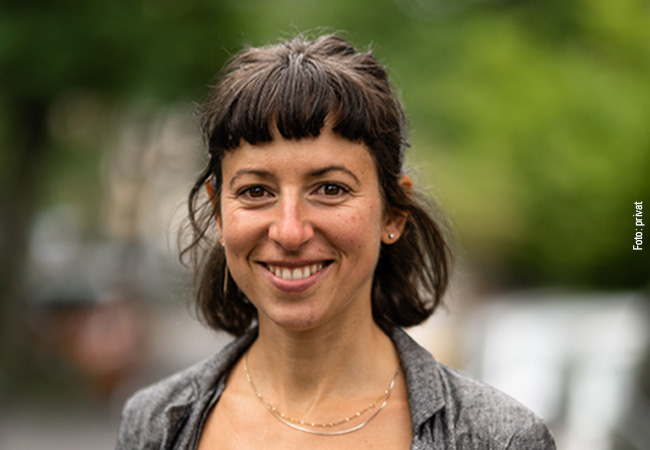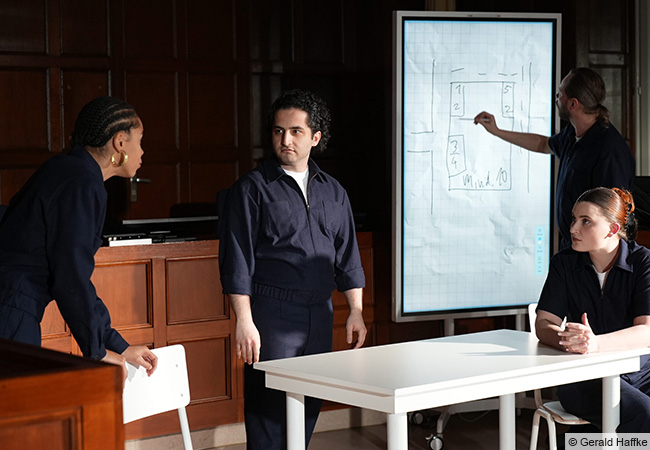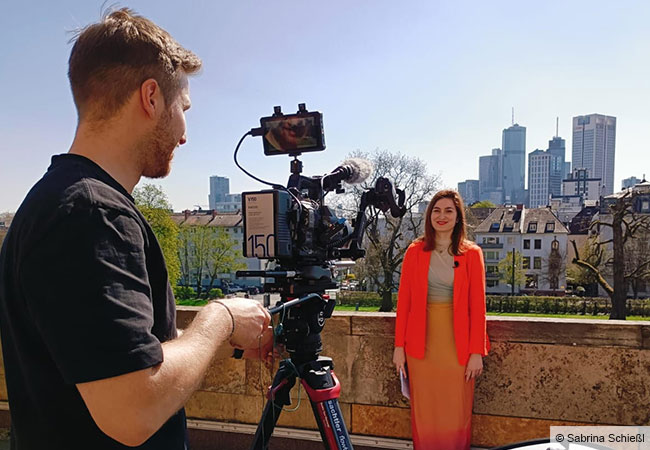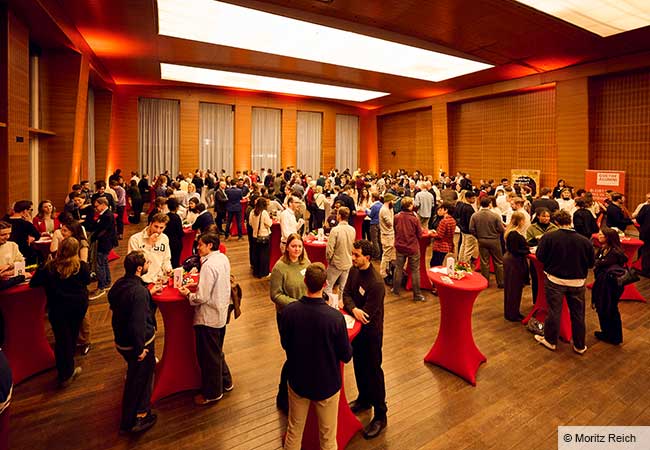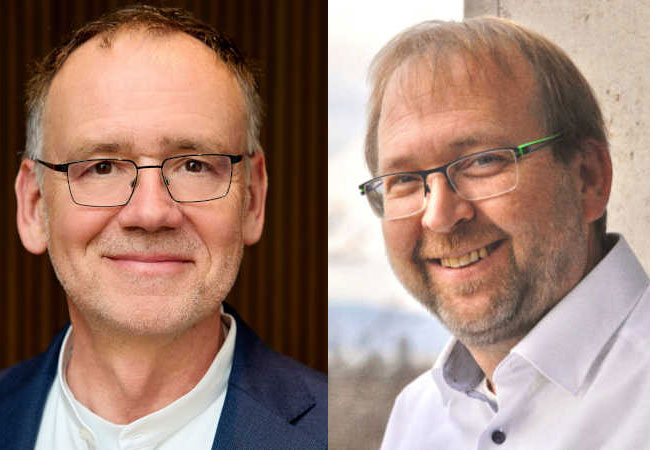British political scientist Cain Shelley is a fellow at Goethe University’s Forschungskolleg Humanwissenschaften Institute for Advanced Studies working on „A Class For Itself?: The Future of Class Politics.“
Nowadays, the concept of „class“ can be viewed very critically. Cain Shelley, who completed his doctorate at the London School of Economics with a thesis on the concept of class consciousness and political practices, however, would like to breathe new life into the term. In an interview with UniReport, he concedes that in contemporary political or academic discourse, discussions of class occur far less frequently than in the past. „I won’t deny that societies have changed dramatically since the Industrial Revolution, but in my work I try to argue that it would still be a mistake to abandon the language of class. Despite many significant changes, we can still observe different groups of individuals who have very different means of power when it comes to the production of goods and services in their societies,“ Shelley emphasizes. Thinking of people who work as teachers, bus drivers, postal workers, hospital porters, bar staff, cleaners, construction workers, supermarket cashiers, warehouse workers, and so on, he says, it is important to realize that these people’s productive activity generally takes place under highly routinized and standardized conditions, but that they do not have the power to withdraw from the production process. „These individuals also do not direct, control, or manage anyone else in the production process; they are directed and managed by others. In my view, people working in such roles constitute the 21st century working class in ‚advanced capitalist‘ societies – as distinct from both the middle class and the capitalist class, which hold very different powers over the economic production process.“ To Shelley, the working class includes more than blue-collar workers, (so-called) „unskilled“ workers, highly impoverished workers, or workers of a particular gender or race.
Against class reductionism
What then is Shelley’s view on the current questions about the meaning of gender and race? To what extent are these linked to the concept of class? „Of course, analyses of the oppression of gender and race are necessary to gain a full picture of a society’s justice or injustice. We should certainly avoid claiming, as some people have done, that the abolition of classes alone would create a perfectly just, oppression-free society. However, without falling into reductionism, it is perfectly possible to claim that class is an important and necessary component of our theories. The difficulty is keeping all these considerations in mind at the same time. Feminist and anti-racist theorists have rightly been very critical of orthodox Marxist and other socialist accounts of class because they lead to a kind of ‚class reductionism‘ in which all other forms of oppression are considered secondary and less important than class. One of the ideas I want to explore further during my research residency here is what it means to say that gender and racial oppression ‚intersect‘ with class domination (and vice versa), and what implications this view has for the prospects of class mobilization,” Shelley says. That being said, he agrees that the concept of class is used differently in Britain and Germany, especially with respect to different social systems: There are in fact crucial differences, he says, between the way economic production is organized in a country like Germany, often referred to as a „coordinated market economy,“ and in his native Britain. Here, he says, people speak of a „liberal market economy.“ Shelley emphasizes: „The differences notwithstanding, in both countries we find different groups of individuals who hold very different degrees of power in the production of goods and services in their societies – at least that is what I would argue. This means the concept of economic class remains an important tool for understanding overall equity or inequity in both societies and isolating those actors who can most effectively contribute to processes of progressive social transformation.“
Does he see himself as a political activist? Some social scientists, Shelley says, try to completely separate their academic research from their personal political involvement, but that is something he has never been able to do. That is why he doesn’t strictly separate his work in academia from his activism, he says. „The American political philosopher Nancy Fraser formulated this wonderful phrase that critical theorists have a ‚partisan, though not uncritical, identification‘ with particular political causes and activist groups. These ties shape the questions critical theorists ask and the assumptions they consider non-negotiable, but the theorist in them still tries to avoid slipping into blind political loyalty or ignoring inconvenient empirical findings. This is the model of ‚activist theorizing‘ that I am trying to observe.“ In general, Shelley finds the tradition of critical theory emanating from the Frankfurt School very inspiring. As a result, he says, Goethe University, with its connections to figures like Adorno and Horkheimer, is a natural home for him.
The Forschungskolleg is the perfect place for Shelley to spend his first year as a postdoc. „Weekend excursions to the nearby Taunus Mountains or walks in Bad Homburg’s many parks have helped me a lot with my writing, and the many discussions with the other Fellows here have also been very inspiring. I also attend weekly German classes offered by the Goethe Welcome Centre on Frankfurt’s main campus – but unfortunately, my German is still pretty miserable, although I hope to make some progress by the time my stay here has come to an end.“
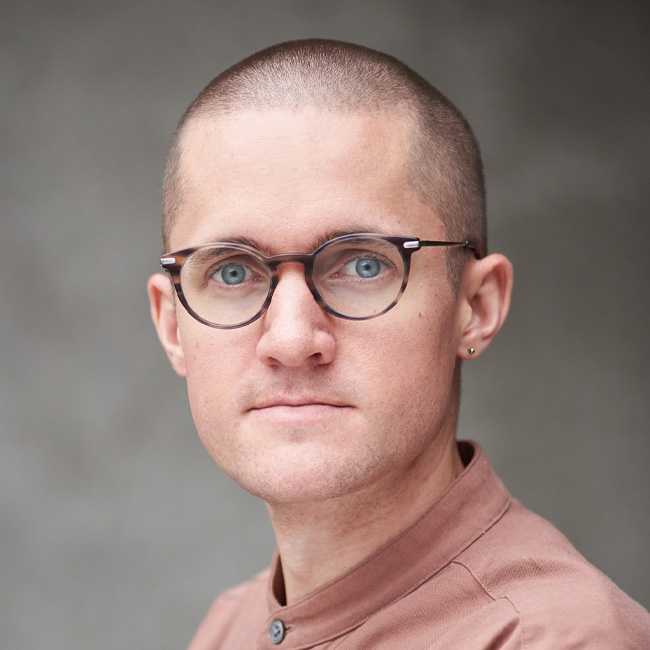
Cain Shelley has accepted an invitation from Rainer Forst, Professor of Political Theory at Goethe University Frankfurt, and the University’s Justitia Centre for Advanced Studies, funded by the Alfons and Gertrud Kassel Foundation. https://www.forschungskolleg-humanwissenschaften.de


